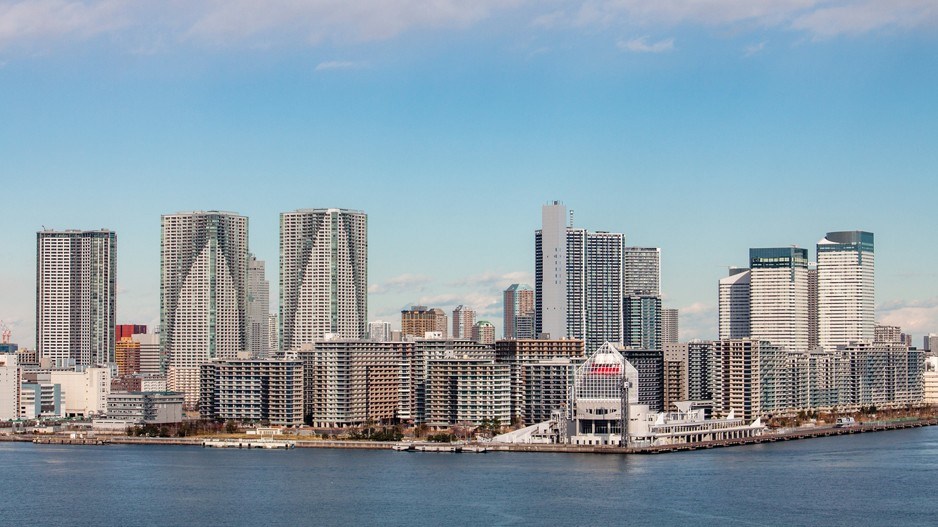For Canada’s tourism and hospitality sectors, reopening Canadian borders is critical to their recovery from COVID-19’s economic damage.
But economic needs have to be balanced with the demands of public opinion, and valuable lessons for Canada when it comes to that balance can be found in Japan, where the delayed 2020 Summer Olympics are still slated for July.
It’s hard to overstate the importance of the Summer Games for Tokyo. Officials have estimated that hosting the Olympics would cost Japan US$15.4 billion, up from the original projection of US$7.5 billion when the city won its bid in 2013. Unofficial audits have pushed the figure as high as US$25 billion.
Given the costs, it is imperative for the Games to draw foreign visitors, who were an increasingly large pillar of the Japanese economy prior to COVID. The country had 1.09 million foreign visitors in the second quarter of 2011, but that figure later ballooned to 8.6 million in Q2 2019. Japan had hoped the Olympics would help push annual visitor counts to its goal of 60 million by 2030.
The pandemic pushed foreign visitor numbers down to 7,000 in Q2 2020. While public and private sectors are eager to recover whatever economic benefits they can from hosting the Games this summer, the Japanese public fears the Games will promote the spread of COVID-19.
“This is a huge debate for not only the politicians, but people in general here,” said Tsutomu Ishiai, managing deputy editor at the Asahi Shimbun, one of the country’s five largest national newspapers. “Who would pay for it if it’s cancelled? How will it impact the coronavirus situation if Japan hosts the Games? Those are the two biggest issues facing Japan: to host the Games or not, and how to contain the coronavirus. And these two issues are very much linked.”
About 11,000 athletes – not counting officials, judges and sponsors – are still slated to gather in Tokyo in July. In a poll by Japanese news agency Kyodo in January, 80% of the respondents said the Games should be postponed again or cancelled outright.
Japan had already tried once to balance the risk of COVID spread with boosting the fortunes of local tourism and hospitality sectors. Last July, soon after beginning his administration, new Japanese Prime Minister Yoshihide Suga launched the “Go to Travel” domestic travel subsidy program that paid initially for 35% of a domestic traveller’s cost of a vacation within Japan. That subsidy was boosted to 50% last October, and the program’s total cost was estimated at just under US$13 billion last September.
But it did not last.
Suga was forced to suspend the program in December when new COVID cases spiked up sharply.
Yukari Peerless, a Victoria-based cultural consultant and Japanese-language blogger with significant social media reach in Japan, said the experience has hardened public opinion against the Olympics.
“It’s a pandemic,” she said. “People won’t be walking around and shopping, so I don’t think it’s really going to change anything economically. Even with a better vaccination effort or to do it without an audience, I think people would still be skeptical. The feeling I get is that people feel a line has been crossed. People worry about safety. People are struggling financially. .… and while we may seem like a quiet bunch, the Japanese people are very passionate about what they believe in – and [not having] the Olympics is definitely one of these causes”
Further complicating matters, Ishiai said, is that Suga and his Liberal Democratic Party (LDP) will go to the polls before October.
“Suga really has to make a careful political calculation, because he has to dissolve parliament before the fall for a general election,” Ishiai said. “If he can organize the Olympic Games, it can provide a political boost for his LDP. But he is facing a lot of issues right now, and his popularity is going down. So for his premiership to survive the election, to hold or not to hold the Olympics may determine if that’s the case.”
For Peerless, who has seen parallels between the Japanese and Canadian situations, the lesson for Canada and B.C. is obvious: Ensure there is widespread support for reopening borders or loosened travel restrictions before proceeding.
“Japan has a history of not being the most responsive, and that’s why everyone is upset to a degree. The pace of change is very slow in the country. The lesson would be, you have to listen to the people.”




